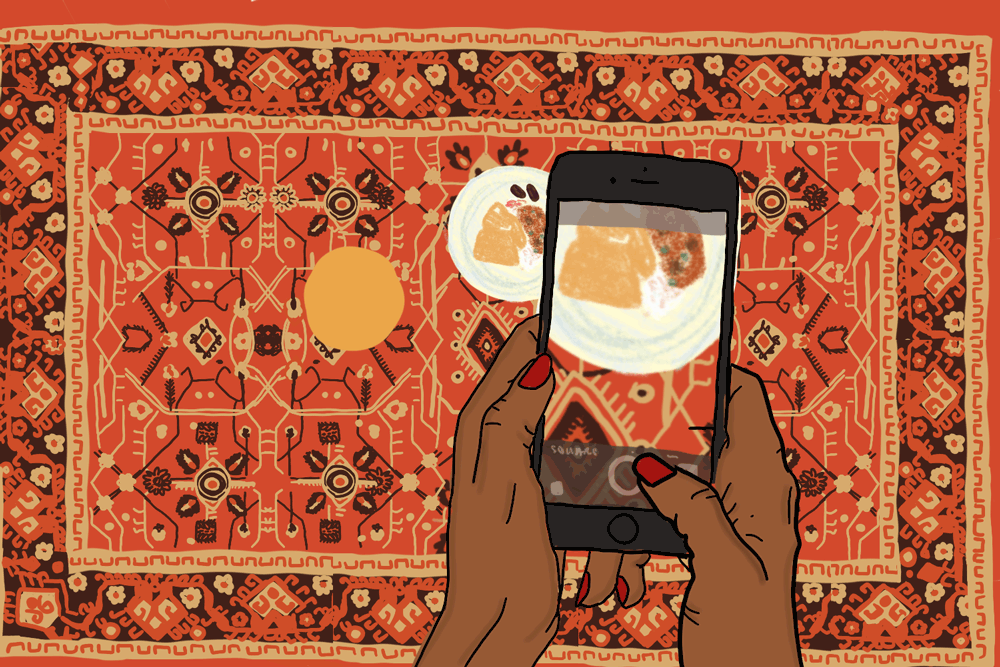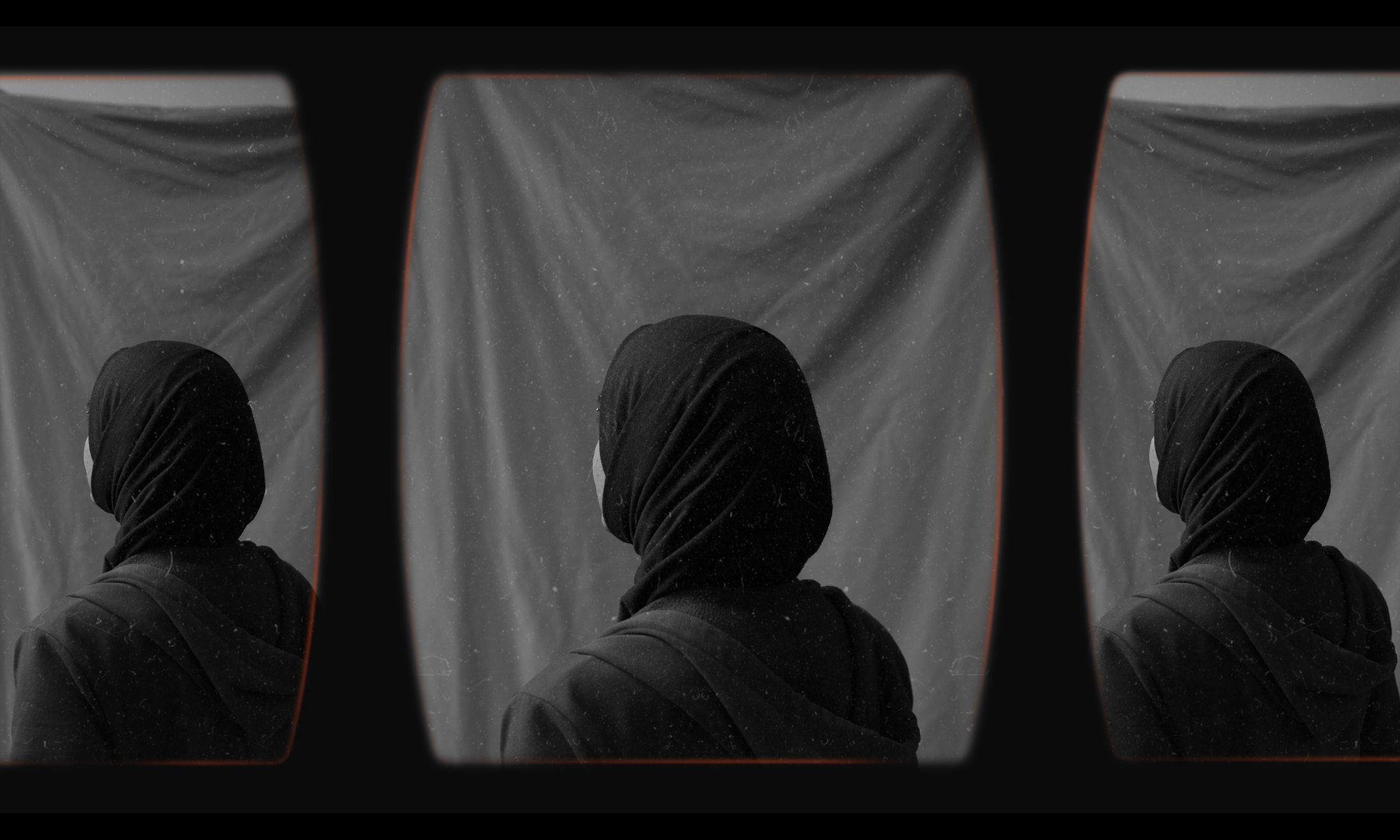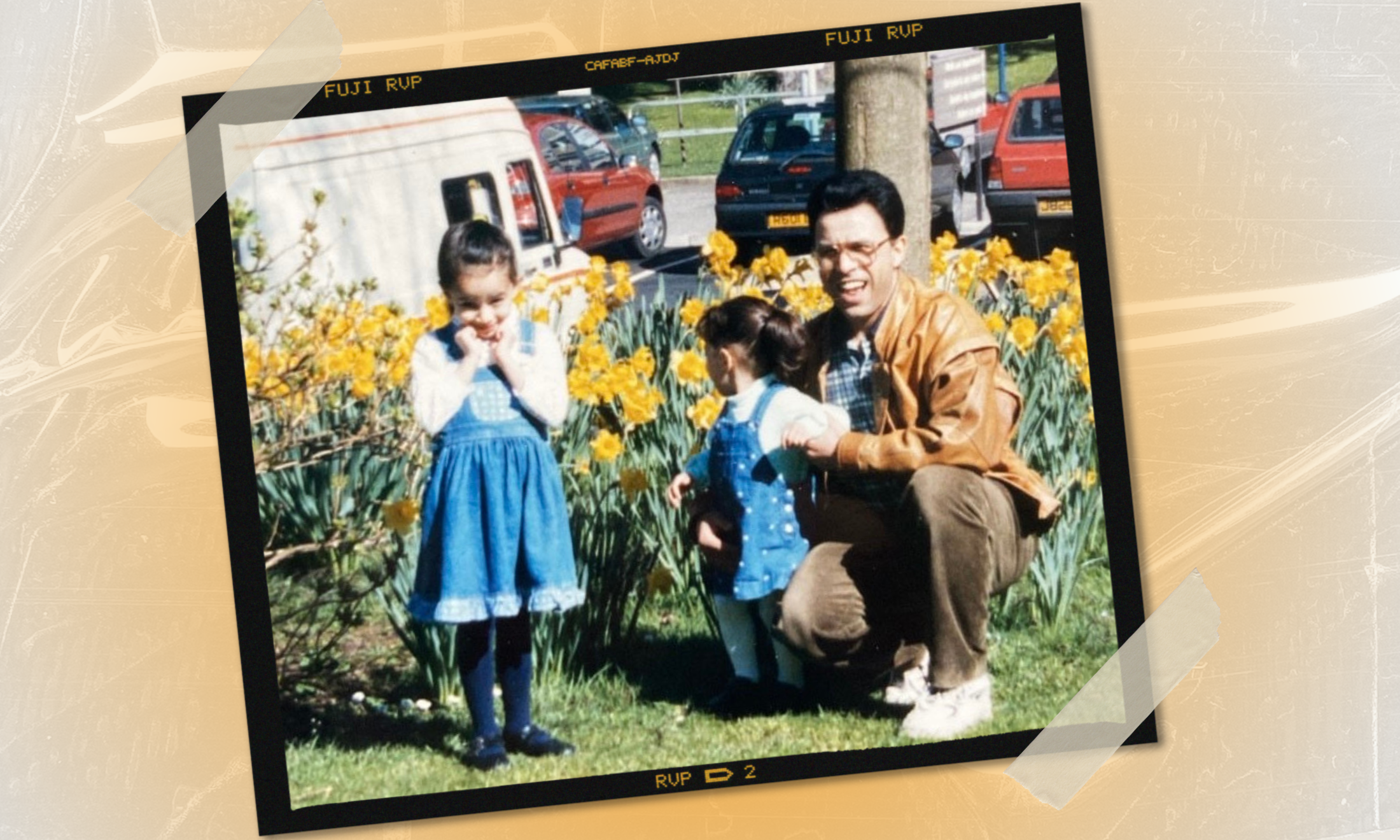
Illustration by Soofiya
We are in the last few days of Ramadan and I feel simultaneous relief and sadness that it is nearly over. Isn’t that bad? Yes, I feel immense guilt as I write that, but the truth is, I felt a lot of pressure this Ramadan. A lot of pressure to rely on mental strength I couldn’t find. This holy month is a true test of faith, a true test of willpower. Those with physical ailments may be pardoned in certain circumstances. But what understanding or allowances are made to those who are physically healthy, but mentally ill?
I worry about friends and family getting fed up of me and my tendency to wallow in my blues; something I can’t help but do sometimes. So I avoid them, or I pretend I am happy. I talk excessively, laugh too loudly, fill every silence with small talk to avoid my thoughts wondering until I am able to return to my solitude. Most people with clinical depression or anything of the sort are good at pretending, or withdrawing if they can’t muster that. But you can’t hide in Ramadan; you have obligations to fulfil around the clock.
After years of refusing medication, years of trying to rationalise away the way I felt, I finally relented and started taking antidepressants. It just so happened that it was eight days before the start of Ramadan. It was terrible timing, but mental illness has no consideration for a person’s plans, hopes or dreams. I felt backed into a corner by my own mind and I desperately needed a way out.
“The greatest jihad is to battle your own soul, to fight the evil within yourself.” Prophet Muhammad (pbuh)
The medication made me extremely lethargic and forever craving fuel from food. I couldn’t stop eating. I had a constant dull headache and mild nausea round the clock. But I stuck with it, because I knew it could take a month to settle down and only then would I hopefully start feeling better. Plus, I’d already begun taking them now. It was in this mindset that Ramadan started, and I was anxious at how my performance would play out. I wanted to give up already, bury myself in my duvet with the curtains closed and let life pass me by.
I love my friends, but I didn’t feel comfortable offloading my feelings onto them. But on a particularly bad day I spoke to a Muslim family friend about it, perhaps somewhat incoherently due to my mental state at the time. “How many times do I have to tell you to pray? It’s what helps me most of the time.” She reminded me of something I was more than aware of. “Everyone goes through these things. It’s like you saying ‘why is it raining on me?’ Everyone feels the rain.”
I appreciate that was probably supposed to be poignant, but it was just disheartening. I know I have it good when you look at the world today. That doesn’t mean I’m not in pain. I’m sorry I am not more grateful for my life. I’m sorry I feel this way, so hopeless and confused. I’m sorry for sounding pitiful. I’m sorry I don’t feel worth it. She ended the conversation with the obligatory “you know I am here for you”, which meant little after having my feelings invalidated. I left the conversation feeling even more isolated.
“I’m learning not to live with the pressure of fulfilling the expectations of others – my God is understanding, forgiving, all merciful”
I spent the weekend crying after that conversation. I felt pathetic, ungrateful, emotionally faulty. After two days in bed without bathing or speaking or moving, I woke up on the third day with a glimmer of clarity; I am so understanding towards my friends, my family, but I never allow myself the same understanding. I berate myself everyday. I know I’m not the only one. We have to try and be nicer to ourselves. It’s an awful feeling when those you love are dismissive when it comes to mental health problems, but don’t let it be the be all end all. It’s their shortcoming, not yours. There are people out there who do get it. I am one of them. DM me if you need to talk, honestly.
This month, I keep reminding myself that the only pace I need to keep up with is my own. I’m learning not to live with the pressure of fulfilling the expectations of others – my God is understanding, forgiving, all merciful. I can only pray that He knows I am trying my best. I’m trying to learn not to care what others think. I know so many of us do. I see friends post things on Instagram about Ramadan when I know they’re not fasting. We’re all trying to look like we can keep up with our obligations, whether they are spiritual, practical or professional – when the reality is, this isn’t a sprint, it’s a marathon. We’ll get there in our own individual time, and I promise you as I promise myself, that is fine. One day I will believe that wholeheartedly.
So no, I am not doing everything right, but Inshallah I will get to live to see another Ramadan, and I will be better by then. This Ramadan, my goal has become simple: I want to learn to live with myself, to be okay with myself, to be kind to myself so I can be kinder to others. Hell, maybe I could even be my own friend, my own cheerleader, and spur myself on even if I do only fast a few days a week during the Holy Month.
I’m going to try and do good, even if I can only a muster a small gesture whilst in the depths of depression. It might be buying lunch for a homeless person, it may be donating some pennies to charity, or giving the clothes you keep saying you’re going to wear but haven’t since 2014 to the charity shop. It could be listening to lectures that may spark inspiration and warmth to the heart, it may be reflecting on parts of the Quran you’d like to try and gain more understanding of. It may be asking a stranger in distress if they are okay. Or it may be something as simple, yet crucial, as taking care of yourself.
“Be kind, for whenever kindness becomes part of something, it beautifies it. Whenever it is taken from something, it leaves it tarnished.” Prophet Muhammad (pbuh)









